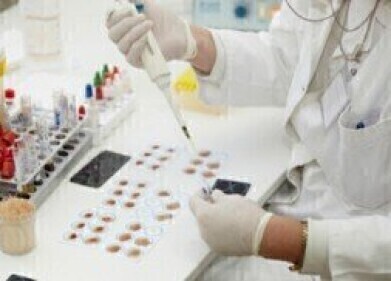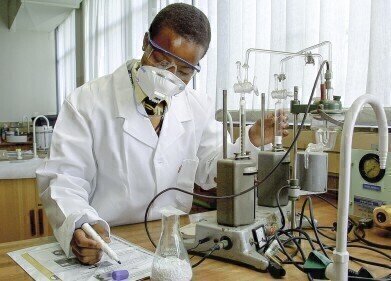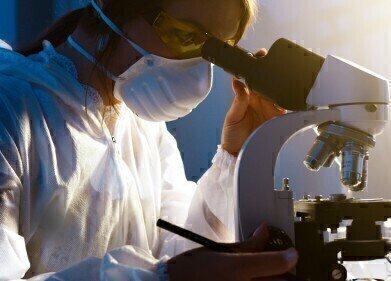Help Desk
Chromatography Discovers New Bowel Cancer Biomarkers
May 08 2017
Cancer is one of the main causes of early death in the developed world. Amongst the various types of cancer, bowel cancer is one of the most common types that people get in the UK — with almost 12% of new cancer cases. In the UK alone, over 40000 new cases of bowel cancer were diagnosed in 2014 — with almost 16,000 people dying a premature death due to bowel cancer.
Find it early — treat it quickly
As in other types of cancer, the earlier bowel cancer is detected the better the prognosis for the patient. When the cancer is detected early, its survival rate is very high — but patients with advanced bowel cancer can suffer from a reduced quality of life.
So — as with all cancers — researchers are searching for new methods that can detect cancer early. And a team of researchers in Japan have just released details of a study that suggests chromatography could play a key role in detecting bowel cancers at an earlier stage — meaning better survival rates for patients.
Research in Japan
In a paper published in the journal Oncotarget — Investigations in the possibility of early detection of colorectal cancer by gas chromatography/triple-quadrupole mass spectrometry — the researchers from Kobe University built on work conducted at Kobe University in 2012.
Then, a team managed to identify four metabolite markers and from that they developed a model that could be used to detect colorectal cancer. Although the model compared favourably with other methods — it was considered to lack sensitivity and specificity when used as a screening tool.
High speed and high sensitivity — must be GC-MS/MS
Following the work in 2012, the team developed a method to measure metabolites in blood more accurately — and they relied on high-speed and high-sensitivity gas chromatography with tandem mass spectrometry (GC-MS/MS). One of the key elements of GC-MS/MS is good separation of compounds on the column — a topic discussed in the article, Silica gone bad.
The researchers used the method to analyse around 600 samples from the National Cancer Center which allowed them to develop more accurate screening method. By comparing the metabolites found in healthy patients with those found in the plasma of bowel cancer patients they could identify eight biomarkers that could be used to detect bowel cancer.
From the biomarkers, the team created a diagnostic model for bowel cancer that is sensitive and specific. Importantly for early stage cancer detection, the method that they developed was sensitive for stage 0 and stage 1 cancer.
Events
Jan 20 2025 Amsterdam, Netherlands
Feb 03 2025 Dubai, UAE
Feb 05 2025 Guangzhou, China
Mar 01 2025 Boston, MA, USA
Mar 04 2025 Berlin, Germany
.jpg)













